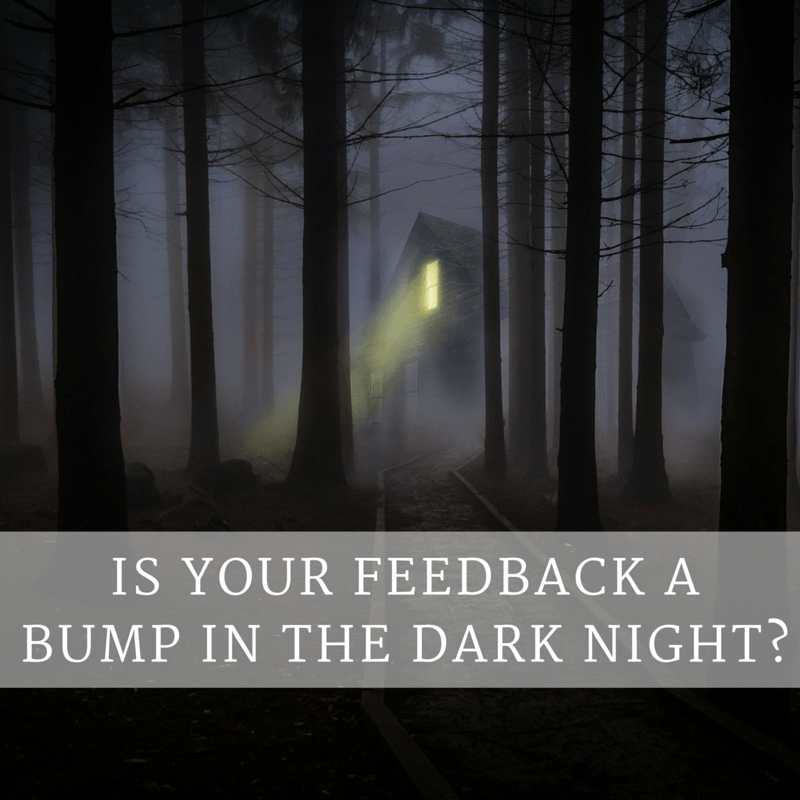No, this isn’t the start of some side gig writing novels. It’s my real-life Sunday night adventure.
The Potential Thief
I was reading, enjoying some rare quiet. The little one was in bed and my husband was on an overnight trip. Our porch lights were off, but the drapes open so someone could see me sitting alone in the dim light.
When the knock came, I yelled something less than intelligent (something like OMG or WTH), my heart going crazy in my chest. The unknown knocker ran off into the dark night with me in a panic.
I immediately flipped on all the lights, checked the porch and then shut all the drapes. I double-checked the bolts on all the doors and I called the police.
I thought it was someone casing homes over the holiday weekend to see if we were really home. The police responded immediately, circling the block a few minutes later.
After my heart rate decreased a few notches, I attempted to get some rest. However, I realized after a few minutes that something was gnawing at me.
I ran back downstairs and checked the garage. Sure enough, the door was wide open. The kiddo had opened it while he was outside playing and I didn’t think to check.
The Helpful Neighbor
Suddenly, I was convinced the visitor was a concerned neighbor, planning to let me know my garage was open. And I had yelled, scaring the poor soul away. I called the police too. I’m an awesome neighbor <insert sarcasm here>.
While the neighbor had good intentions, I wasn’t open to receiving the message. There were several reasons:
- The approach was quiet. I had no warning until someone was in my space.
- The knock was loud and jarring, triggering my flight or fight response.
- While this is one of the safest communities in the safest state, I have lived and worked in New York, Amsterdam, Atlanta, Phoenix…places where I did not feel as safe. I went into that mode of thinking before rational thought could enter.
What could my neighbor have done to make it easier for me to receive his or her message? It was at night…my house was dark. Were there alternatives?
Yes. He or she could have called out from a safe distance. Even a “Sir…Ma’am? Is someone home? Your garage is open.” from the street would have worked.
With warning, I could have gotten up, turned the lights on, and considered the feedback as it was intended. Rather than a threat, I would have realized the message was to my benefit.
A Lesson in Feedback
As leaders, sometimes we are the ones approaching a house in the dark, an unsuspecting someone inside. When presenting feedback, we need to be mindful of what we can control, and what we can’t. Otherwise, the feedback may be seen as a threat, rather than the gift it is.
What we cannot control
No matter what we do, we cannot change prior experiences of our employees in receiving feedback.
Former managers may have demonstrated behaviors that resulted in fear and dread in subsequent interactions. Late Friday meetings may have resulted in pink slips at another company. The possibilities are endless.
Without consideration, we may unwittingly trigger flight or fight responses in our teams, before we even walk through the door to communicate feedback.
What we can control
- Preparation – What do we know about this individual? Does he or she assume feedback equals failure? That it is an opportunity to improve? Know the person well enough to understand his or her receptiveness to feedback.
- Timing – Be consistent regarding feedback discussions. If something comes up that needs to be addressed immediately, then address it immediately. Delays build fear and angst, shutting down listening channels.
- Approach – Frame the feedback in the spirit it is intended, a gift to help grow, improve, or prepare for the next level. The individual may need to be reminded of the positive aspects of his or her performance first, along with what could be done differently.
- Body Language, Volume and Tone – Non-threatening delivery should go without saying. However, whatever we are thinking tends to come out in conversation, even if it isn’t in our words. Any negative/frustrated thought toward the individual or circumstance needs to be purged in advance. Writing it down may be helpful <queue shredder>.
I did not expect a lesson in feedback when I got a knock on the door in the middle of the night. Sometimes, however, beautiful things can emerge from our fears…if we can look beyond the emotion to the lessons on the other side.
Do you have other areas of focus when preparing for a feedback discussion? What would you recommend? I’d love if you could share your thoughts in the feedback and keep the conversation going.









